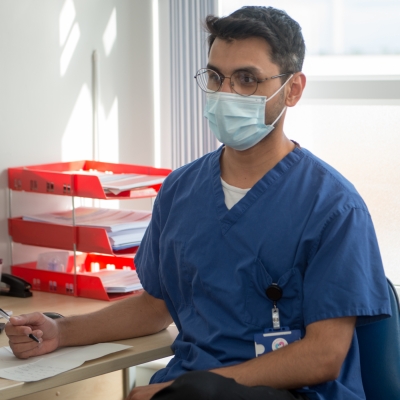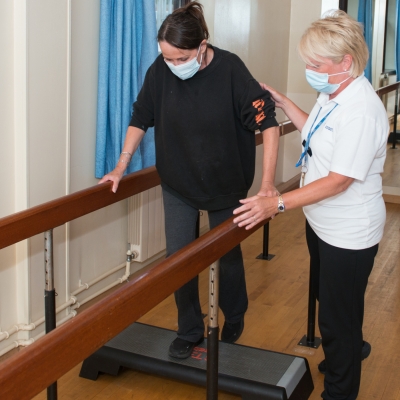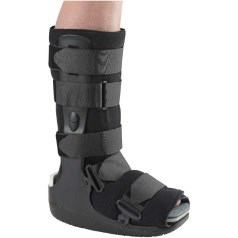our plaster cast will last longer and help you to recover more quickly if you follow the advice below:
- Keep the plaster clean and dry
- Exercise the fingers/toes of the affected limb regularly
- Elevate the affected limb as much as possible to prevent further swelling or discomfort
- Exercise the joints above the plaster to prevent stiffening
- Mild pain relievers may be necessary in the first few days as broken bones hurt - Please follow the dose recommended by the chemist
- Plaster casts can vary and may take up to 72 hours to dry: you will be told by the nurse about your cast
- If your leg is in plaster you will be told when you see the Doctor if you are allowed to put any weight on the affected leg - crutches/frames/ sticks are available as required.
- Driving whilst you are in plaster is dangerous and your driving insurance may be invalid. Please contact your insurance company for advice on when you are able to drive.
Problems You May Have:
- The cast becomes tight, loose, cracked, soft or broken
- The cast rubs or presses against the skin causing irritation
- Leakage through the cast or it becomes too smelly
- Your pain may become severe and constant
- You may have severe and persistent itching under the cast.
- Your fingers or toes may become very swollen, numb, have pins and needles or change colour
- You may get new calf pain with or without new leg swelling
If any of the following problems occur, please call us in the first instance.
For contact information please go to our Contacts Page.



